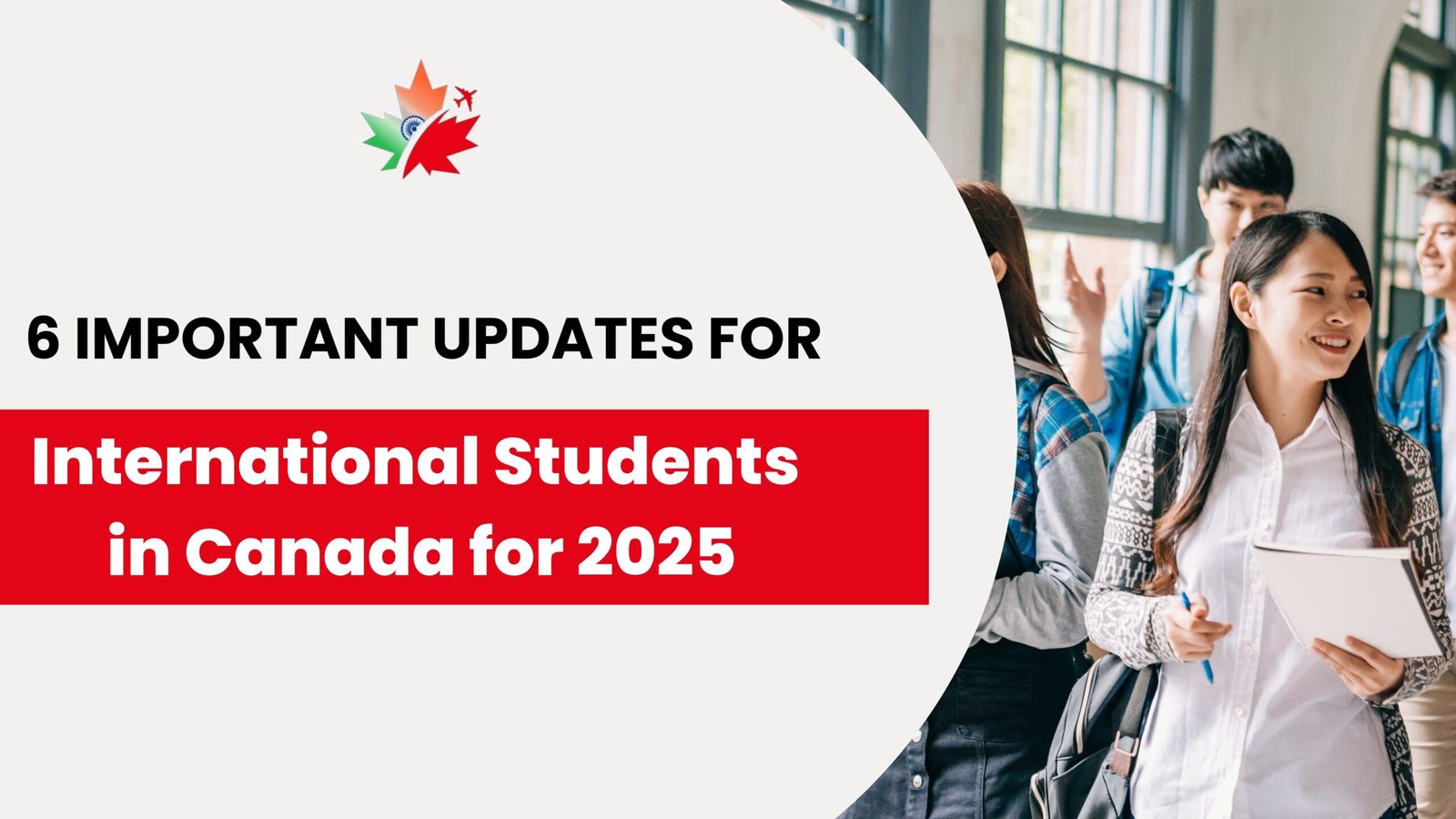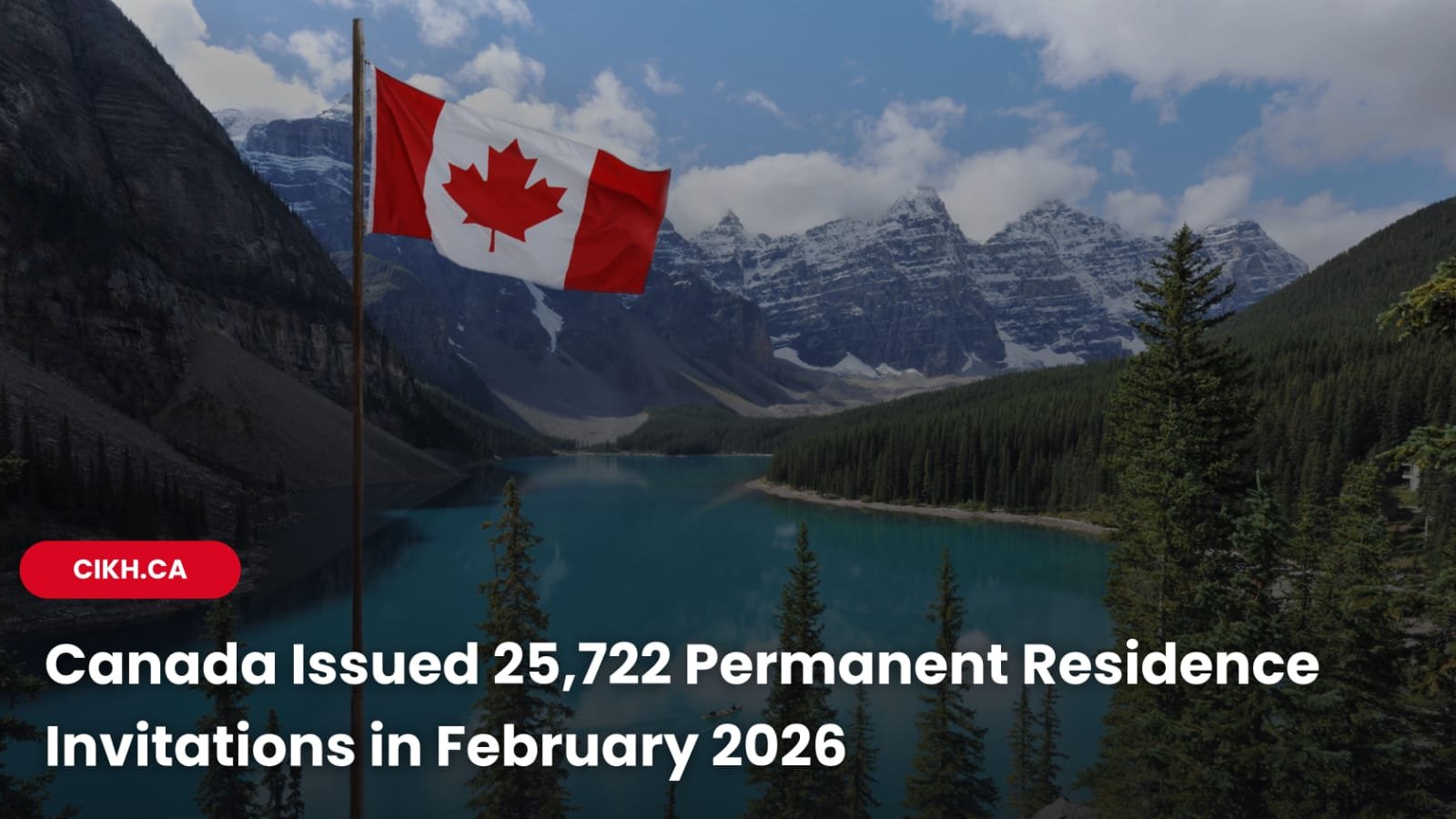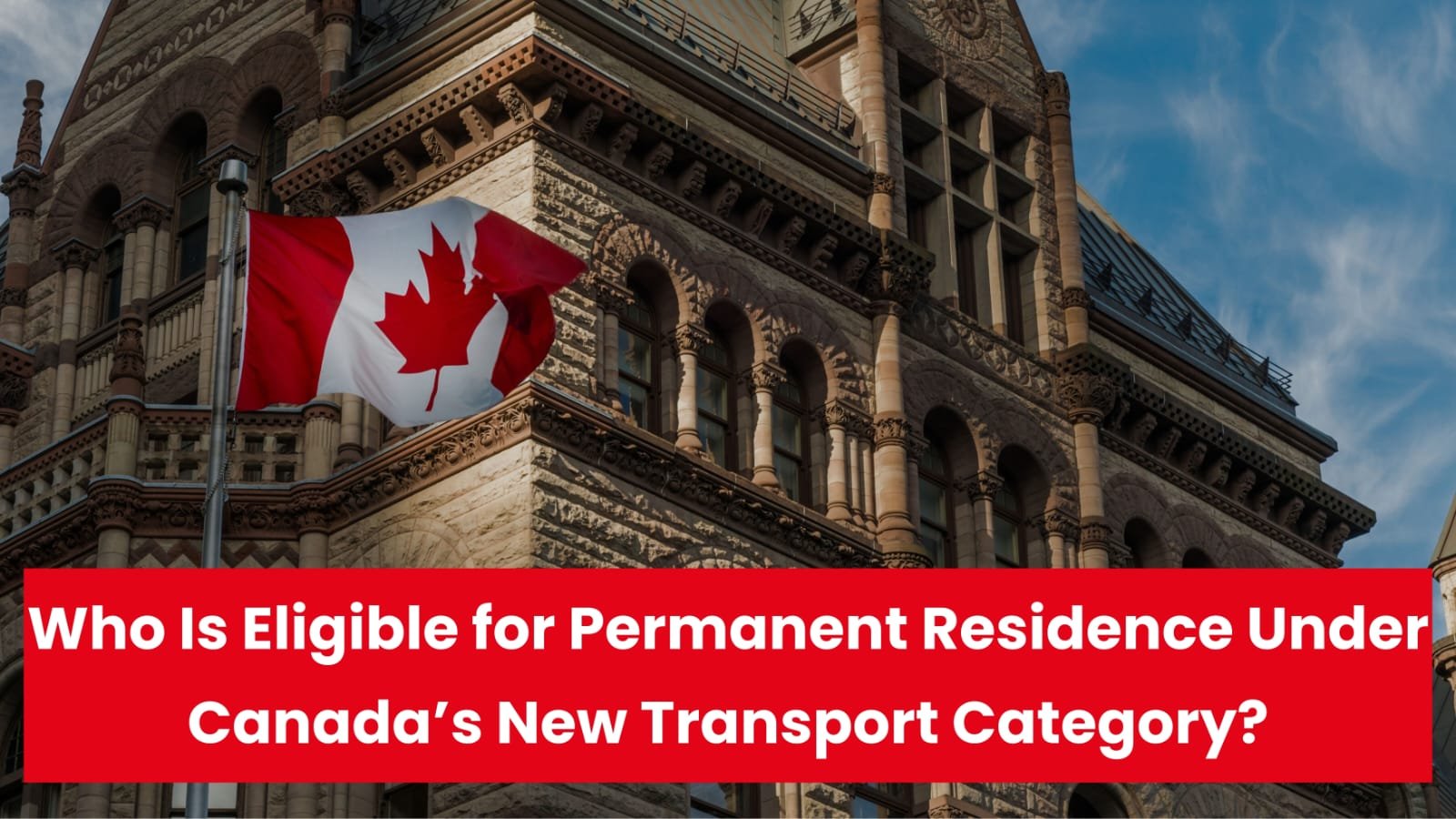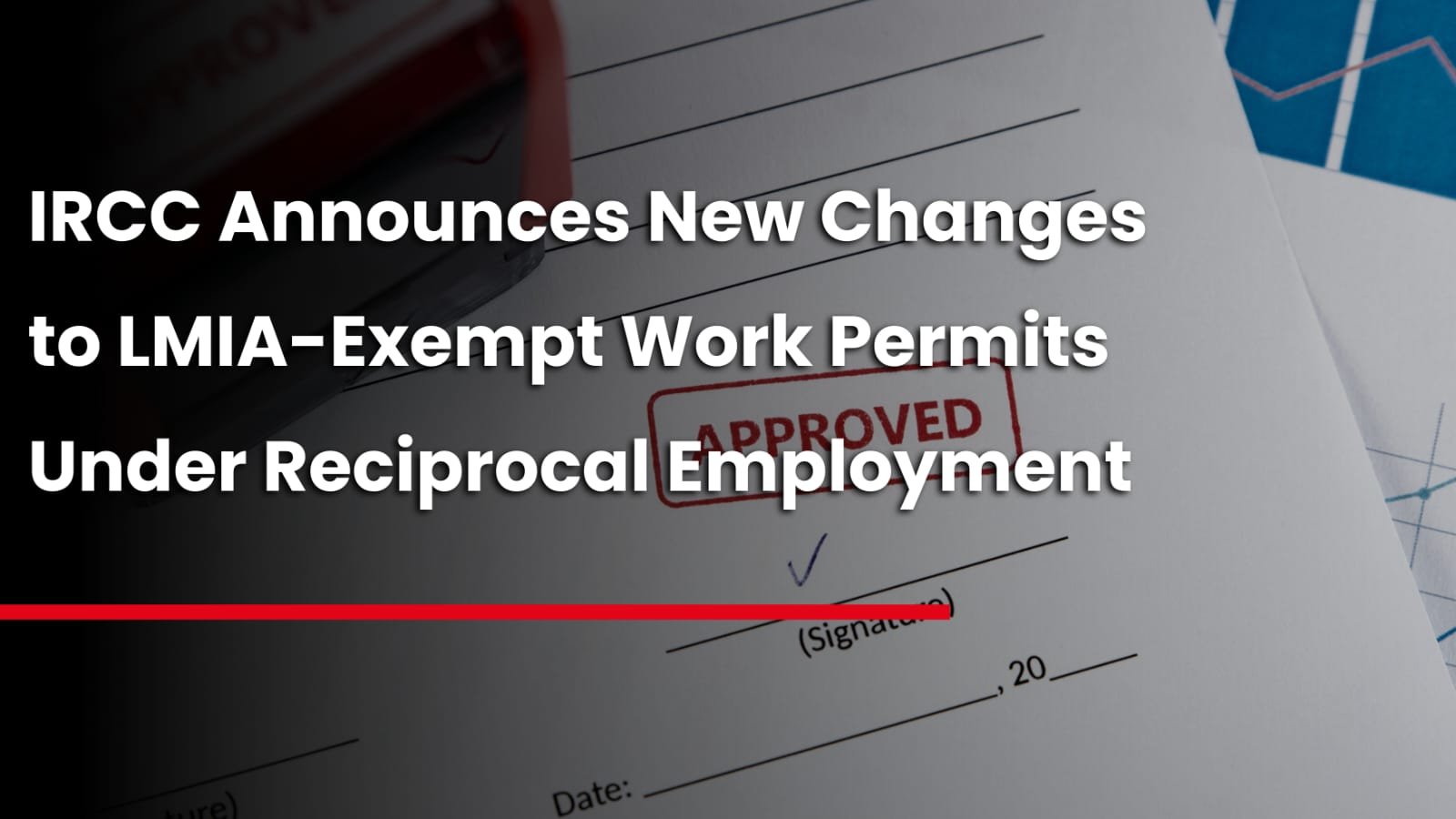Canada continues to be one of the most popular destinations for international students, offering world-class education and diverse cultural experiences. However, starting in 2025, the Canadian government is implementing several significant changes that could impact your academic and work journey. These updates, announced by Immigration, Refugees, and Citizenship Canada (IRCC), are aimed at enhancing the immigration system’s fairness, aligning education with labor market needs, and promoting a balanced student experience.
If you’re planning to study in Canada or are currently navigating your student journey there, it’s important to be aware of these new rules. In this article, we’ll break down six key changes you need to know about for 2025, their potential impact, and how you can best prepare for them.
1. New Post-Graduation Work Permit (PGWP) Rules
Starting November 1, 2024, Canada will introduce revised eligibility criteria for the Post-Graduation Work Permit (PGWP). These changes focus on aligning students’ programs with Canada’s labor market needs.
What’s Changing?
- University Graduates (Bachelor’s, Master’s, Doctoral degrees): No restrictions based on field of study, but a language requirement of CLB 7 (English) or NCLC 7 (French) will apply.
- Other University Graduates: They’ll need to meet the language requirement of CLB 7, and their field of study must align with high-demand sectors in the labor market.
- College Graduates: Must have completed studies in areas with labor shortages, like healthcare, STEM fields, or agriculture, with a lower language requirement of CLB 5 (English) or NCLC 5 (French).
Why It Matters:
These changes are designed to boost employability in high-demand sectors, ensuring international students can contribute effectively to Canada’s workforce post-graduation.
2. Changes to Off-Campus Work Hour Limits
Effective November 2024, the number of hours international students can work off-campus during academic sessions will increase from 20 hours per week to 24 hours per week.
What This Means:
- Increased Flexibility: Students can now work more hours while maintaining their studies, helping them support themselves better financially.
- Work-Life Balance: This change helps students gain more Canadian work experience without sacrificing academic performance.
In surveys, many international students expressed that 20 hours per week was insufficient to cover living expenses. This increase aims to address that concern, providing more opportunities while ensuring academic priorities remain intact.
3. Ban on Flagpoling for PGWP Applications
As of June 21, 2024, the practice of “flagpoling” — leaving Canada and re-entering at the border to process applications like the PGWP — will no longer be allowed.
Alternatives:
- Students must apply for their PGWP online or through standard immigration channels within Canada.
Why This Change?
This shift is aimed at reducing inefficiencies and making the immigration process more transparent and consistent.
4. End of the Student Direct Stream (SDS)
In November 2024, the Canadian government will phase out the Student Direct Stream (SDS), a program that fast-tracked study permit applications for students from certain countries.
Why Is It Ending?
While the SDS program was beneficial to certain students, it introduced concerns around fairness. By eliminating SDS, the IRCC aims to standardize the process for all international students, ensuring no group receives preferential treatment.
What This Means for You:
All students will now follow the same application process, which is designed to be fair and consistent for everyone, regardless of nationality.
5. New Restrictions on Spousal Work Permits
As part of changes to immigration rules, spouses of international students will now face stricter eligibility requirements for open work permits. Only spouses of students enrolled in professional degree programs will be eligible.
These programs include:
- Medical Doctor (MD)
- Dental Surgery (DDS, DMD)
- Bachelor of Nursing (BSN, BScN)
- Juris Doctor (JD, LLB)
- Professional degrees in fields like engineering, pharmacy, and education.
Why This Change?
The focus is to attract high-skilled workers to Canada and address critical labor shortages in various industries.
6. No More Study Permit Applications at Ports of Entry
Effective December 23, 2024, study permit applications will no longer be accepted at Canadian ports of entry.
What’s Changing?
- Students must submit their applications online before traveling to Canada.
- Those on maintained status (formerly known as implied status) cannot resume studies if they leave Canada until their new study permit is approved.
Why This Change?
This policy aims to improve oversight and ensure that all study permits are processed consistently and efficiently.
7. Impact of the Changes
The implementation of these new rules has several broad implications for international students:
- Improved Work-Life Balance: The increased work-hour limit provides more financial flexibility while still prioritizing academics.
- Better Alignment with the Labor Market: The revised PGWP rules encourage students to pursue programs that directly contribute to areas of labor shortage, which should lead to better employment outcomes.
- Fairer System: The end of SDS and flagpoling practices aims to eliminate inconsistencies in the application process, promoting fairness for all international students.
8. How to Adapt and Prepare for the New Policies
To successfully navigate these changes, here are a few steps to consider:
- Choose a Relevant Program: Opt for programs that align with Canada’s labor shortages, particularly in areas like healthcare, engineering, and IT. This will help you meet the new PGWP requirements.
- Check Program Eligibility: Always verify your program’s eligibility for PGWP by confirming its CIP code and ensuring it aligns with high-demand fields.
- Plan Ahead: Apply for study permits and PGWPs well in advance to avoid delays, especially since processing times could be impacted by the changes.
- Consult an Expert: Reach out to your school’s international student office or a licensed immigration consultant for advice tailored to your specific situation.
- Stay Informed: Keep an eye on official IRCC updates to ensure you’re up to date with any further changes.
Conclusion
Canada’s updated rules for international students in 2025 reflect the country’s evolving approach to immigration and workforce integration. While these changes might seem like a challenge at first, they are designed to create a more streamlined and fair system, while also providing opportunities for students in critical sectors.
By staying informed and preparing ahead, you can navigate these updates successfully and continue to enjoy a rewarding academic experience in Canada. Keep these changes in mind as you plan your studies and work opportunities, and ensure you are always aligned with the latest requirements.





